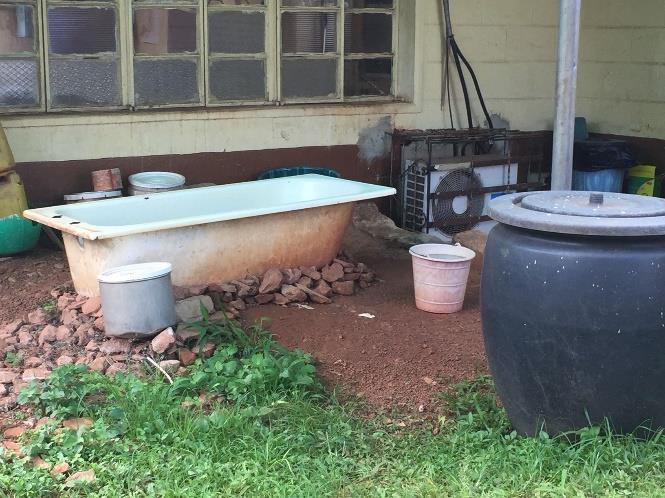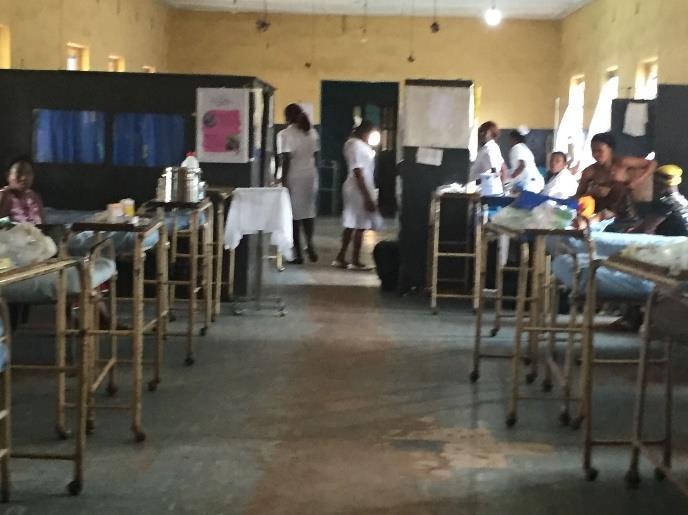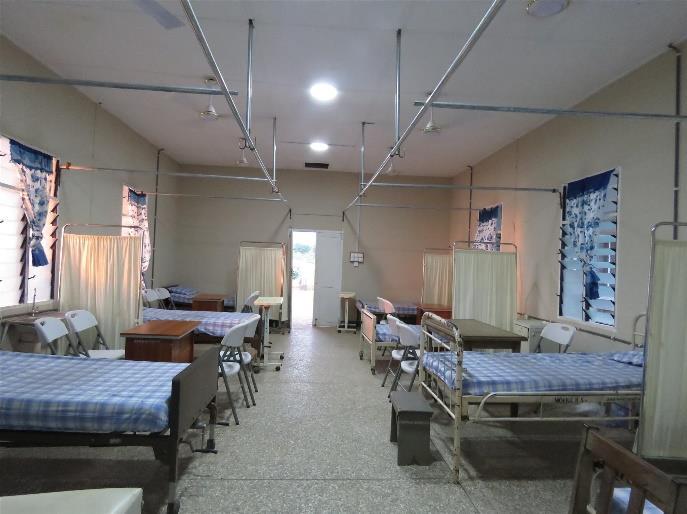
2 minute read
WASH Rotary Action Group
An Alarming Situation
Most of us, faced with the prospect of a trip to the hospital, anticipate safe treatment and (hopefully) a swift recovery. But in Sub-Saharan Africa, you could well face the possibility of contracting a disease or an infection. In the most serious cases, departure can be in a coffin.
Advertisement
Ron Denham, Chair Emeritus, recently wrote an article for District 9211 on why Rotary Club's need to take up the challenge of improving the situation of WASH in Health Care Facilities.
Water, Sanitation & Hygiene (WASH) in Health Care Facilities (HCF): Rotary Clubs Next Challenge By Ron Denham, Chair Emeritus, WASH Rotary Action Group
An Alarming Situation
Most of us, faced with the prospect of a trip to the hospital, anticipate safe treatment and (hopefully) a swift recovery. But in Sub-Saharan Africa, you could well face the possibility of contracting a disease or an infection. In the most serious cases, departure can be in a coffin.
Lack of water, sanitation, hygiene, waste management and cleaning services poses a threat to every patient. In this dangerous Covid-19 era, it exacerbates the spread of infection and undermines every effort to improve maternal and child health.
Data released by the WHO and UNICEF show that an estimated 900 million people must use health care facilities (HCFs) lacking any water service; 1.5 billion use facilities with no adequate sanitation service. Many more use HCFs lacking hand hygiene service and safe waste management.

Water:
• In the least developed countries, only 55% of HCFs had basic water service • 14% of HCFs accessed water supply from off the premises • 12% had NO water service • 896 million people had NO water service at their HCF
Sanitation
• In sub-Saharan Africa, only 23% of HCFs had basic sanitation. • 21% of HCFs globally had no sanitation service • 40% of HCFs in Central and Southern Asia lacked any sanitation service. • More than 1.5 billion people had NO sanitation service at their HCF
Hygiene
• 16% of HCFs globally had NO hygiene service—no handwashing facilities with soap • More than half of HCFs lacked hygiene service available at point of care.
And, data from the Republic of Tanzania, including Zanzibar, and Uganda confirm these impressions:
• Only 44% of HCFs have functioning toilets. • Only 68 % have access to a water supply but that is often unreliable and inconsistent. • 42% of facilities with delivery rooms have no handwashing facilities with soap and water.
Truly a grim picture.
Added to these shortcomings, more than half of HCFs lacked any waste management services.
To read more, click here.













